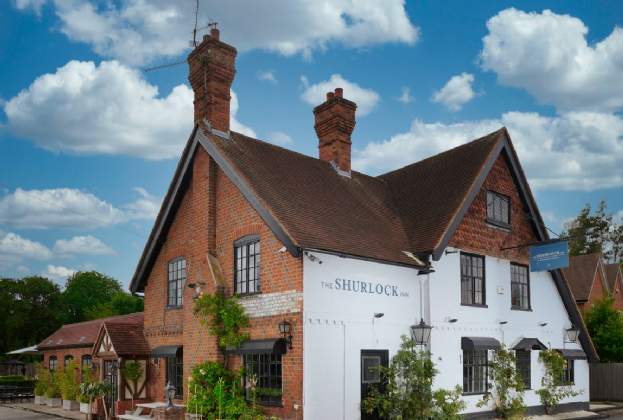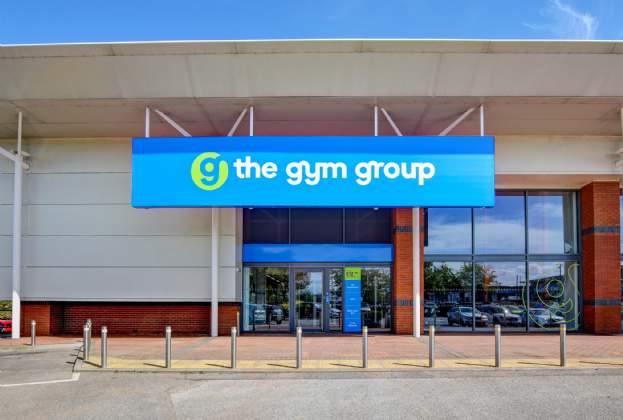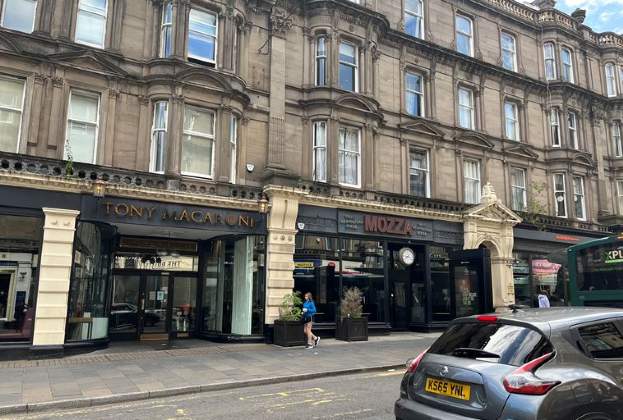You would struggle to find reference to the leisure market without running into the term ‘immersive’. What once was a sector in its infancy, has grown exponentially over the last three years in line with a post-pandemic yearning for in-person experiences.
Whilst it remains difficult to clearly define the parameters of the ‘immersive’ leisure sector given the variety of concepts categorised under this banner, it can largely be defined by a focus on the experiential, enveloping consumers in a sensory manner featuring varying visuals and sounds. Much of this revolves around the arts (theatre, music etc), digitisation or bringing known TV, film and entertainment IP (intellectual property) to life.
We have witnessed national and international expansion encouraged by a 375% increase in funding in this industry. The sector continues to be polarised by short term activations (typically within a three to six months) and longer term five year leases. Shorter term live requirements include Fever (which has run partnerships with Netflix for Money Heist and Stranger Things), as well as Immersive Everywhere (which is involved in brands such as Doctor Who and Peaky Blinders).
Permanent site openings have so far been skewed to London, including Frameless at Marble Arch (soon to be joined on the Portman Estate by Moco Museum), Monopoly Live on Tottenham Court Road and The Paddington Experience, which will open at County Hall later this year. Further requirements in the market include Spyscape, The Lost Estate (actively seeking a permanent home to follow its meanwhile West Kensington location) and Secret Cinema, following its buyout from TodayTix. While London has been a key market for immersive operators, that’s not to say brands are looking further afield; Chaos Karts, the UK's first live action video game karting experience, opened in Manchester last year. Museum of Illusions has requirements for sites in London, Birmingham, and Manchester, showing that major regional cities are also on the radar for expansion.
The immersive sector is no longer new and untested, it has evolved, and with it has the property market. Given the influx of acquiring operators, occupier demand continues to outweigh supply and resultingly, prime locations are gathering good competitive tension and driving up rents to over £50 per sq ft. Operators are typically looking for 20,000 – 40,000 sq. ft, open plan spaces and over 4 metres head height for ‘showstopper’ installations. Incentives remain a key negotiation point, particularly as operators continue to structure their growth via special purpose vehicles, however more often now they have sufficient trading history to demonstrate a proven concept and steady income.
There is some waning of excitement from landlords who have followed the immersive market for some time, and who given the sheer number of requirements have found it hard to identify those who truly have the necessary funding, longevity of concept and property knowledge to successfully transact a deal. Differentiation is a necessity in this crowded market, technological advancement and strong IPs will help operators build an identifiable brand and protect themselves against copy-cats and competition.
Looking ahead, as the immersive leisure market continues to mature, we will be poised ready to observe how it shapes the broader landscape of entertainment and property. With increasing consumer expectations and evolving trends, adaptation and innovation will be key for stakeholders to thrive in this dynamic environment.
Further information
Contact Jess Hill or Carlene Hughes



.jpg)


.jpg)


.jpg)
